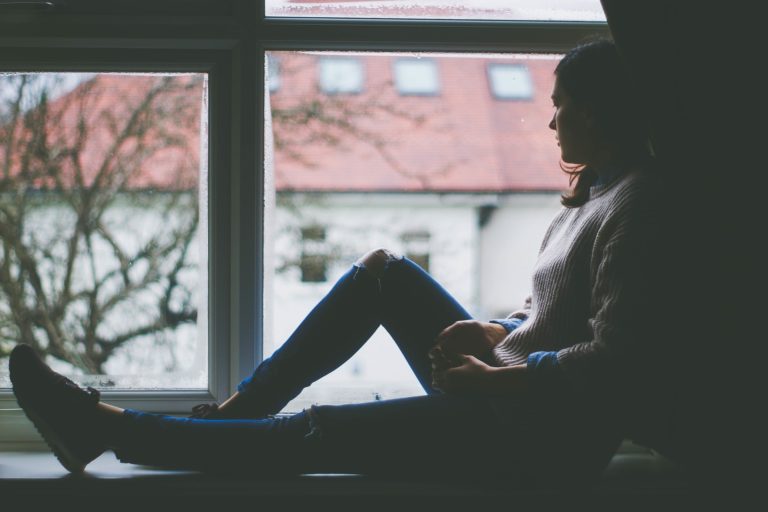
Mental Health is like physical health except that it is associated with a person’s mental state. Good mental health is generally being able to cope with everyday obstacles. People with bad mental health are not able to cope with everyday scenarios.
Every year one in four people suffer from a mental health issue. Depression and Anxiety are the most common examples of mental health problems which is why I want to focus on the two.
Depression
Depression doesn’t necessarily mean that you are sad all the time. For some people, depression means feeling empty inside and not being able to feel happiness, pride or satisfaction. Symptoms of depression can range from just feeling mildly sad to being in a very low mood for a long time. Depression can be life-threatening because it can lead to suicide, making it the most predominant mental health issue in the world, followed by anxiety, schizophrenia, and bipolar disorder. In 2014, 19.7% of young people in the UK aged 16 and over showed symptoms of depression and anxiety.
Common symptoms of depression such as feeling
● Low in mood and upset
● Restless, distressed, or bad-tempered
● Guilty, worthless, bad about yourself
● Empty and numb
● Secluded and unable to relate to other individuals
● Finding no enjoyment in life
● A sense of unreality
● No self-confidence or self-esteem
● Hopeless or in despair
● Suicidal
Anxiety
Anxiety is when we feel worried, tense, or afraid about something that is about to happen or something that we think is going to happen sometime in the future. Anxiety is an ordinary human reaction when we feel that we are under threat. We experience this feeling through our thoughts, feelings and physical sensations. Most people feel symptoms of anxiety. It’s very common to experience a form of anxiety while going through stressful events or changes, especially if they can have a big effect on your life such as exams.
Common symptoms of anxiety
● Feeling tense, anxious, or not able to relax
● Fearing the worst situations
● Believing that everyone is looking at you, judging you or are wanting to abuse you
● Feel that you can’t stop worrying or that bad things will happen if you stop worrying
● Panic attacks
● Wanting a lot of comfort from other people or worrying that other people are angry or upset with you
● Feeling that you’re losing touch with reality
● Thinking about bad experiences in the past over and over again
● Thinking about a situation over and over again
Treatment for Depression and Anxiety
At the moment several medical drugs such as antidepressants are being used to treat anxiety and depression. Therapy is also available to help people cope with their mental health issues. Other effective treatments are exercise and counselling. If you or someone you know is affected by depression, then please reach out to your local helplines for more information and advice on depression.



I didn’t know there were so many ways that a person could feel when they’re depressed or have anxiety, that could end up making them feel empty inside. However, I don’t think that by giving them medical drugs would work or solve the problem and it could be far deeper than we think.